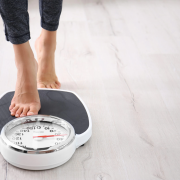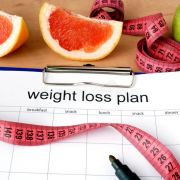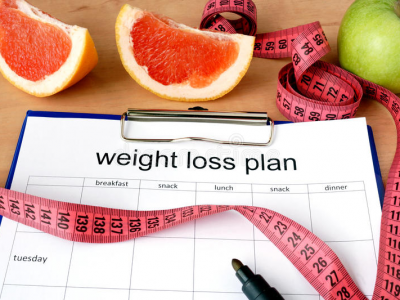Perimenopause—the transition time leading up to menopause—is a gradual process. Your hormones begin to fluctuate to prepare your body for the end of menstruation, and it can begin anywhere from your early 30s to your late 40s.
As your estrogen levels rise and fall, symptoms of perimenopause will come and go—which explains why you might be dealing with unexpected symptoms one week and feel like your normal self the next.
So, is menopause approaching? Here, we’ll look at 9 common perimenopause signs that your body may be starting the transition.
Note: If you are experiencing many of these symptoms, it’s best to contact your doctor, who can help you determine if perimenopause is the suspected cause.
Photo Credit: Shutterstock
Are your periods suddenly all over the place? Maybe they don’t last as long, there’s a change in your flow, or you go a month or two without having one. This could be a telltale sign that you’ve entered perimenopause.
Hot flashes are a common symptom of perimenopause. It’s far from the worst side effect but can be unpleasant and disruptive.
A hot flash is a sudden sensation of heat that often causes sweating, heart palpitations, and anxiety.
Photo Credit: Shutterstock
Cold flashes are another perimenopause sign. A cold flash is a sudden sensation of cold that can be accompanied by chills and goosebumps.
Photo Credit: Shutterstock
Night sweats are one of the most common signs of perimenopause! A night sweat is when a person feels hot and sweaty during sleep.
Night sweats are typically more intense during perimenopause but can last throughout menopause as well.
Photo Credit: Shutterstock
In perimenopause, hormone levels fluctuate and can cause mood swings. Mood swings can include sadness, anxiety, irritability, and even anger.
Photo Credit: Shutterstock
Vaginal dryness is characterized by reduced hydration or fluid in the tissues of the vagina, which can lead to pain and irritation.
Photo Credit: Shutterstock
Between fluctuating hormones and night sweats, perimenopause can cause a disruption in how much sleep you’re getting.
Insomnia, trouble falling asleep, and the inability to get restful sleep can occur during perimenopause.
Photo Credit: Shutterstock
During perimenopause, memory and concentration problems can happen as estrogen levels drop, leading to insufficient blood flow to the brain.
Photo Credit: Shutterstock
Breast tenderness can occur in the premenopausal stages because of fluid retention and the fluctuation in hormones like estrogen and progesterone.
Photo Credit: Shutterstock
Menopause—typically diagnosed after you’ve gone 12 months without a period—can occur in your 40s or 50s, but the average age is 51 for women in the United States.
For many women, menopausal weight gain is a real issue. The silver lining? It’s normal! But with the right diet, lifestyle, and menopause supplements, it doesn’t have to be.
7 Best Supplements For Menopause Weight Gain
Photo Credit: Get Healthy U
There are many factors involved in maintaining good physical and mental health as you age, but one of the most important things to consider as you grow older is weight training.
These strength training exercises are proven to get results for women over 50!
Strength Training for Women Over 50: 11 Best Moves
Photo Credit: Shutterstock
Blue Zone foods promote longevity while giving you serious health benefits in daily life.
How do we know? The truth is in the numbers! The longest living social circles of people use healthy habits mixed with the Blue Zones diet.
The following nine foods are found in the diets of people who are outliving the rest of us.











Comments